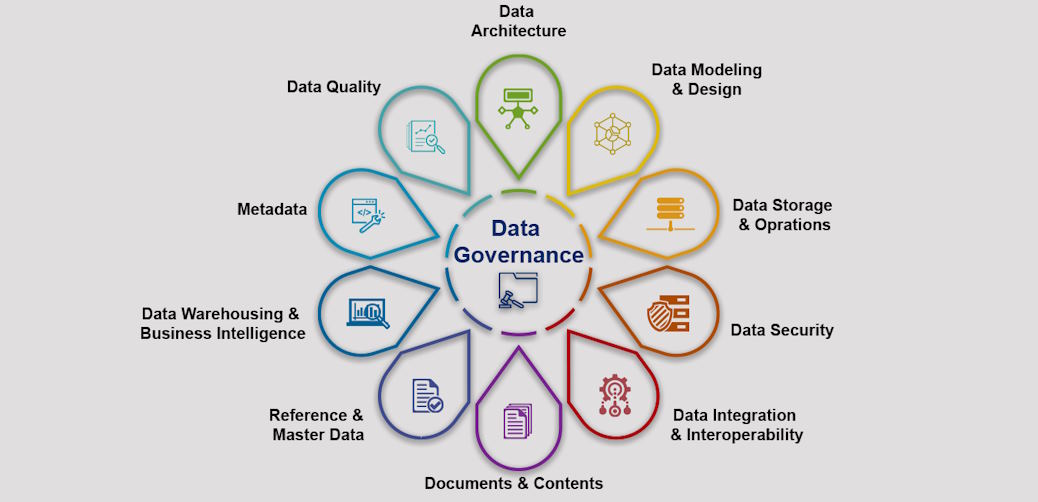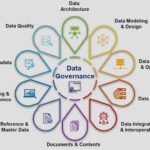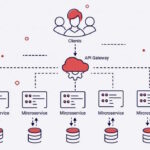Data Management Strategies for Effective Software Architecture
Effective data management is crucial for building and maintaining robust software architecture. Data is sometimes seen as the most valuable asset, making data management key. Here, we delve into various strategies that can significantly enhance data management within software architecture, optimizing performance with effective data storage and retrieval ultimately leading to more effective and efficient systems.
Understanding Data and Its Role in Software Architecture
Data is the cornerstone of any software system. It provides the necessary information that drives the processes within the application, informs business decisions, and shapes user experiences. Effective data management is not just about storing large amounts of data; it’s about ensuring data is accurate, accessible, secure, and used efficiently.
Data Modeling and Design
The strategies for efficient data modeling in software design is the first step in ensuring effective data management. It entails specifying the locations, methods of access, and procedures for data inside a system. A well-thought-out data model addresses the relationships between different data elements and structures data in a way that supports the current and future needs of the application.

Database Management Systems
It’s critical to choose the appropriate database management system (DBMS). The choice between SQL (relational) and NoSQL (non-relational) databases depends on the nature and structure of the data, the scalability, and flexibility requirements. Modern applications often combine both types, using each for what they do best.
Data Integrity and Quality
Data integrity and quality are critical. Implementing checks and validations to ensure data is accurate and consistent across the system prevents errors and maintains reliability. Regular data cleansing and deduplication processes are necessary to maintain high data quality.

Data Security
With increasing concerns over data breaches and privacy, security is non-negotiable. It involves encrypting data at rest and in transit, the crucial role of data in building robust software systems and regularly updating security protocols. It is also crucial to abide by data privacy laws like GDPR.
Data Backup and Recovery
An effective data backup and recovery strategy is essential for safeguarding data against loss or corruption. Regular backups, secure storage of backup data, and a well-defined data recovery plan ensure the system can quickly recover from any data loss incident.
Software architecture depends on the diverse field of effective data management. It requires careful planning, the right tools, and ongoing management to ensure data remains an asset rather than a liability. By implementing these tactics, companies can confirm that their data gets handled efficiently, giving their software systems a strong base and generating value for the company.






























